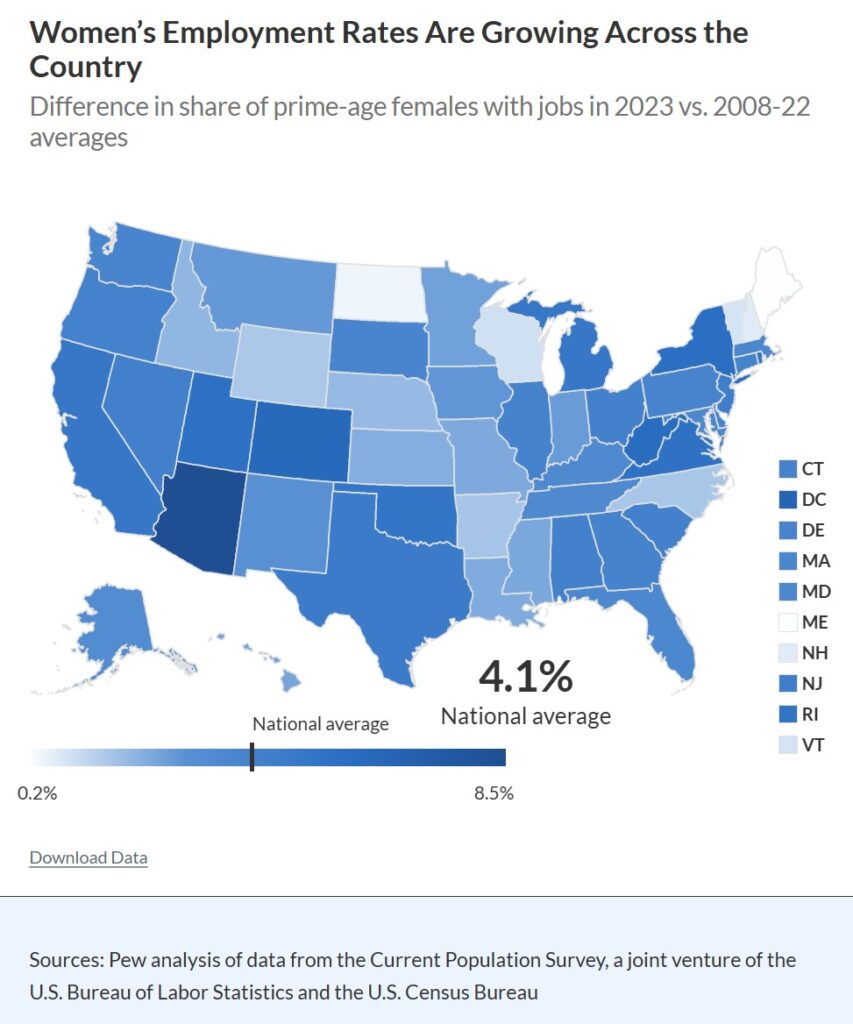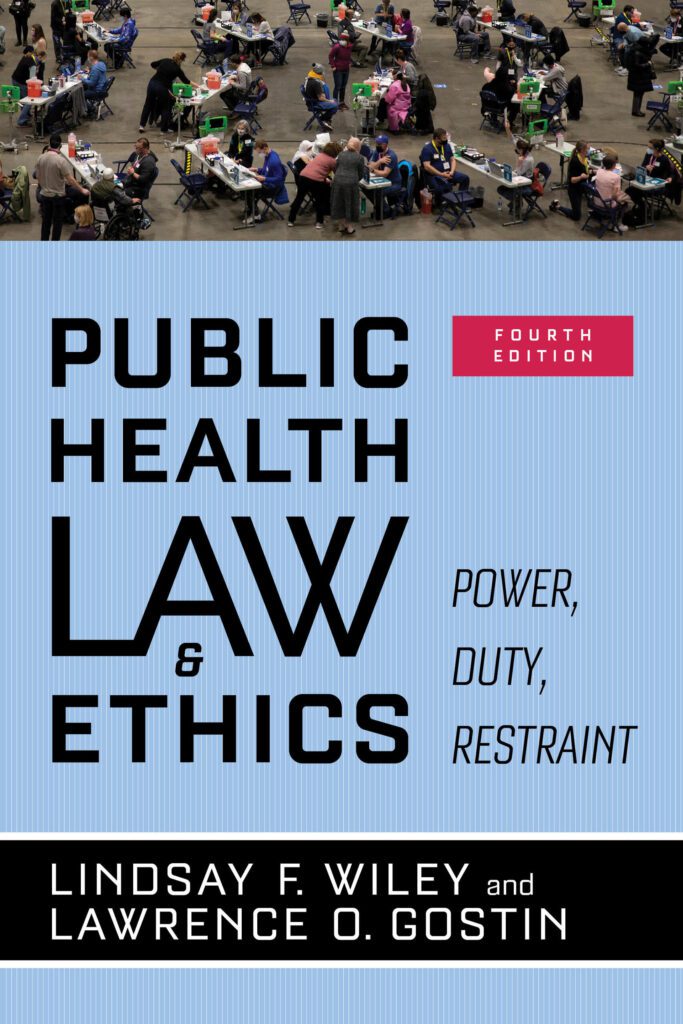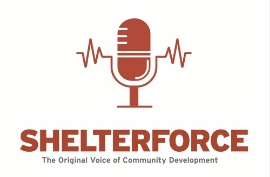
Archive for November 2024
China resilient cities report
Children from the poor families seem to grow up earlier: An examination of how family economy stress links to career exploration
Improving the Use of Retrieval Practice for Both Easy and Difficult Materials: The Effect of an Instructional Intervention
Gender Differences in Variability in Intimate Relationship Satisfaction: A Secondary Analysis and Meta-Analysis
Gender and Lower Economic Status Moderate the Relation between Positive Youth Development and Mental Health
Life review for older adults: an integrative review
A Novel Conditioning Approach to Counter Loneliness in Adults
Lacan’s cruelty: perversion beyond philosophy, culture and clinic
8 tips for talking (and listening) to your teens about drugs and alcohol
Requirements and Key Features of a Mobile Application for Adolescent Self-Care From a Stakeholders Perspective: A Qualitative Study
A thousand tiny theories: The colonized subject, postcolonial literature, and decolonial epistemologies
Using experiments to study families and intimate relationships
Department of Education: Student Loan Relief in Cases of College Misconduct
Peripheral Blood Mononuclear Cell Biomarkers for Major Depressive Disorder: A Transcriptomic Approach
Heterogeneous Sex Dolls: Outlining a Sociology of Knowledge Approach to the Abject
Psychoanalytic approaches for understanding and managing hospital pain: A qualitative analysis of a Colombian hospital case study
Adolescents’ evaluations of peer and teacher unfair treatment in science, technology, engineering, and mathematics classes: Expected interventions
Association of modifiable risk factors with progression to dementia in relation to amyloid and tau pathology
Examining select sociodemographic characteristics of sub-county geographies for public health surveillance
Women’s Employment Rates Surge But Still Lag Men’s

An Innovative, Collaborative, and Transformative Program to Enhance Off-Campus Clinical Faculty Engagement
Measuring and Modifying Threat‐Related Attention Bias in Posttraumatic Stress Disorder: An Attention Bias Modification Study
Don’t skip class: A new conceptual model for examining classism among adolescents and families
Impact of Loneliness and Social Support on Acute Health Service Use and Symptom Exacerbation Among Adults with Asthma and COPD
Bringing the group back in: Social class and resistance in adolescent smoking
Politics and the People Scotland, 1945-1979

Promotion and Tenure Database Creation and Utilization: A 12-Year History
Characteristics of interventions that address racism in the United States and opportunities to integrate equity principles: a scoping review
The effects of neighborhood perceptions on response to a technology-assisted parenting intervention for adolescent substance use: protocol of a diversity supplement to parent SMART (Substance Misuse in Adolescents in Residential Treatment)
How States’ Low Income Housing Tax Credit Allocation Plans Can Help Increase Students’ Access to Integrated, Well-Resourced Schools
Public Health Law and Ethics Power, Duty, Restraint

Validation of the Capacity for the Psychotherapy Process Scale for Use in Adolescent Patients
Sweden’s Housing Co-ops Are a Model for Moderate-Income Housing
